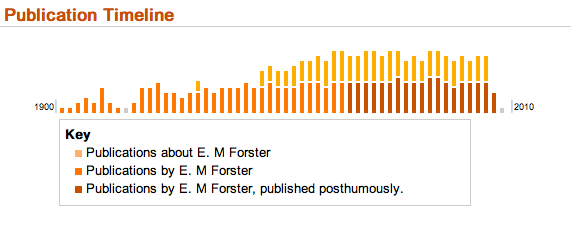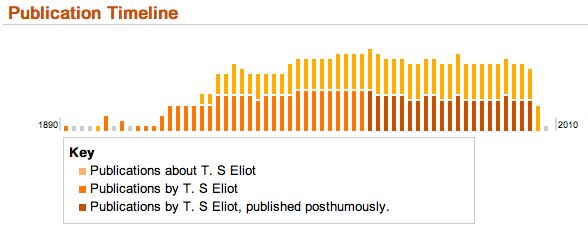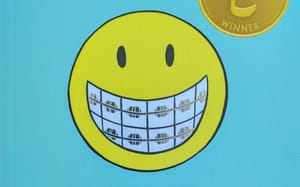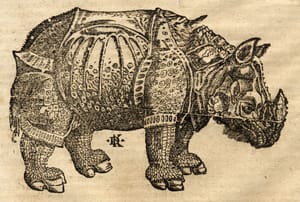Reading Concerning E.M. Forster by Frank Kermode, I was reminded of one of my favorite quotes, Forster’s response to Eliot’s criticism of his remarks about D.H. Lawrence …
So they corresponded and respected one another, and after Lawrence died Forster wrote that the regarded him as ‘one of the glories of our twentieth-century literature’, and ‘the greatest imaginative novelist of his generation’. On the same occasion T.S. Eliot wrote disputing that judgement: ‘unless we know exactly what Mr Forster means by greatest, imaginative, and novelist I submit that this judgement is meaningless’. Forster replied, ‘ Mr Eliot duly entangles me in his web. He asks what exactly I mean by “greatest”, “imaginative” and “novelist” and I cannot say. Worse still, I cannot even say what “exactly” means – only that there are occasions when I would rather be a fly than a spider, and the death of D.H. Lawrence is one of these.’ Here, if anywhere, is an occasion for Forster’s audience to stand and applaud. [Concerning E.M. Forster. New York: Farrar, Straus and Giroux, 2009]
Here is Forster’s timeline from Worldcat Identities, which shows steady ongoing interest (no doubt partly buoyed up by the movies made from his novels):

Interest is steady in Lawrence also ..

And in Eliot ..

The continued publication of editions of these authors’ works, and the appearance of works about them, is bibliographic validation of their ‘classic’ status. It would be interesting to see if you could programmatically identify ‘classics’ using clues like these (this is something we may spend some time looking at next year).



